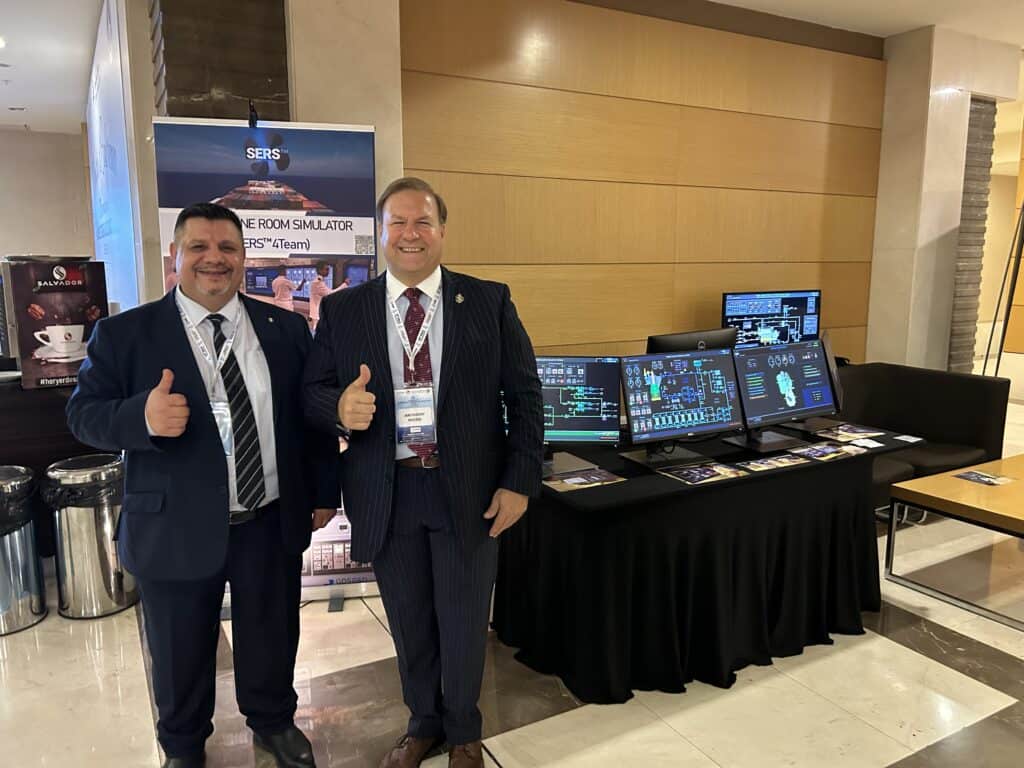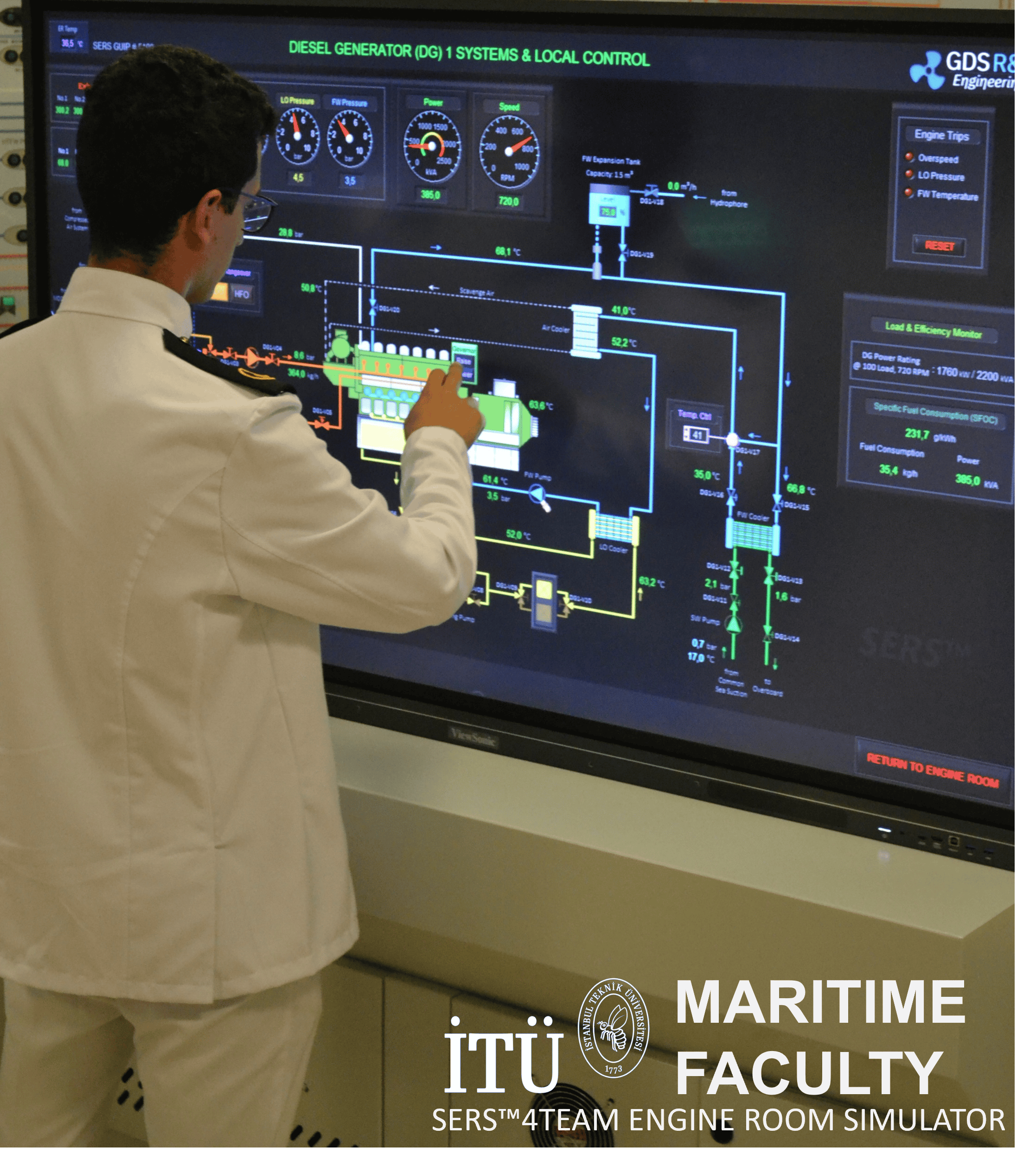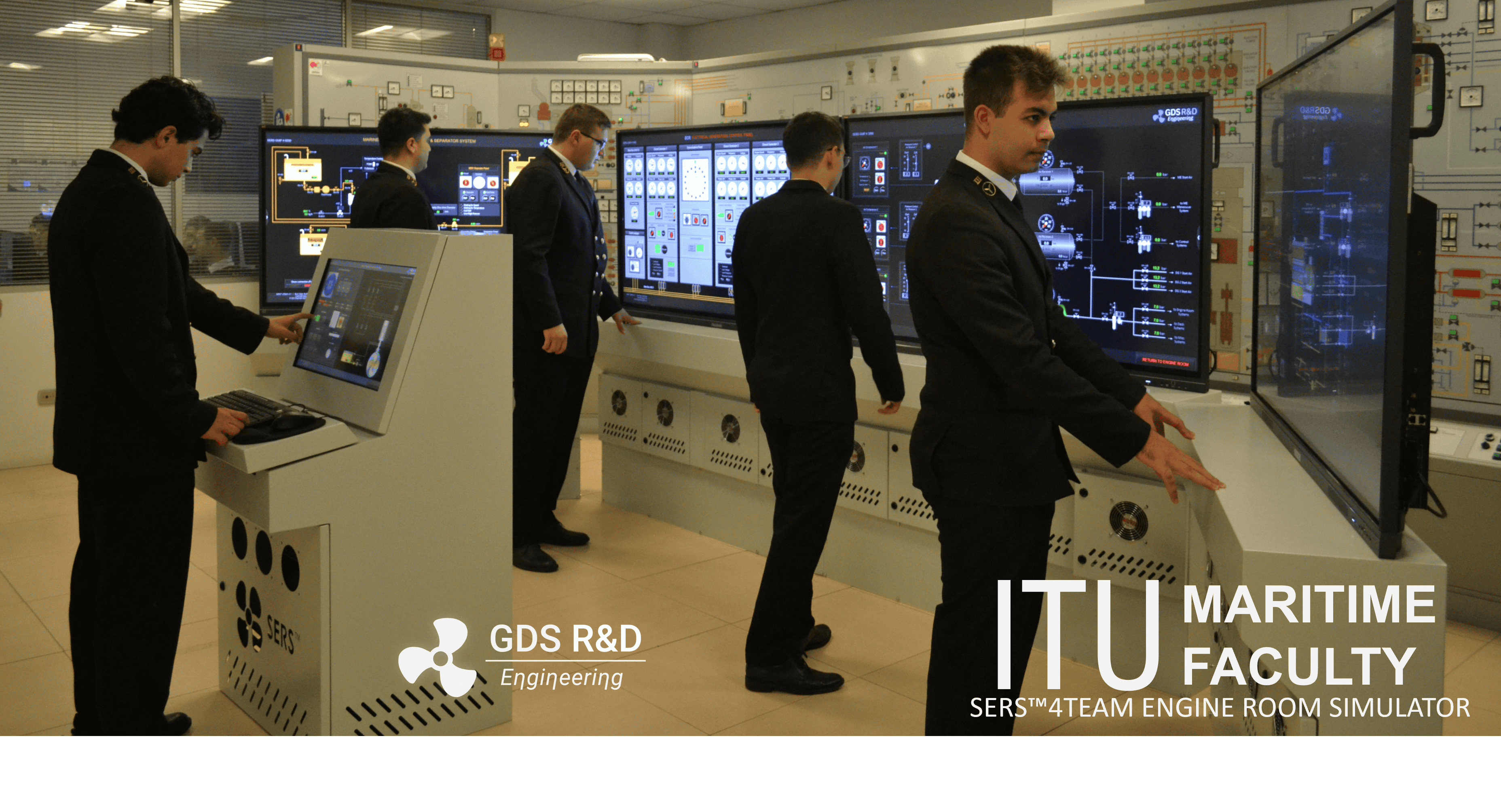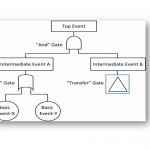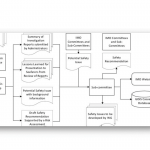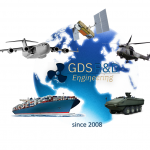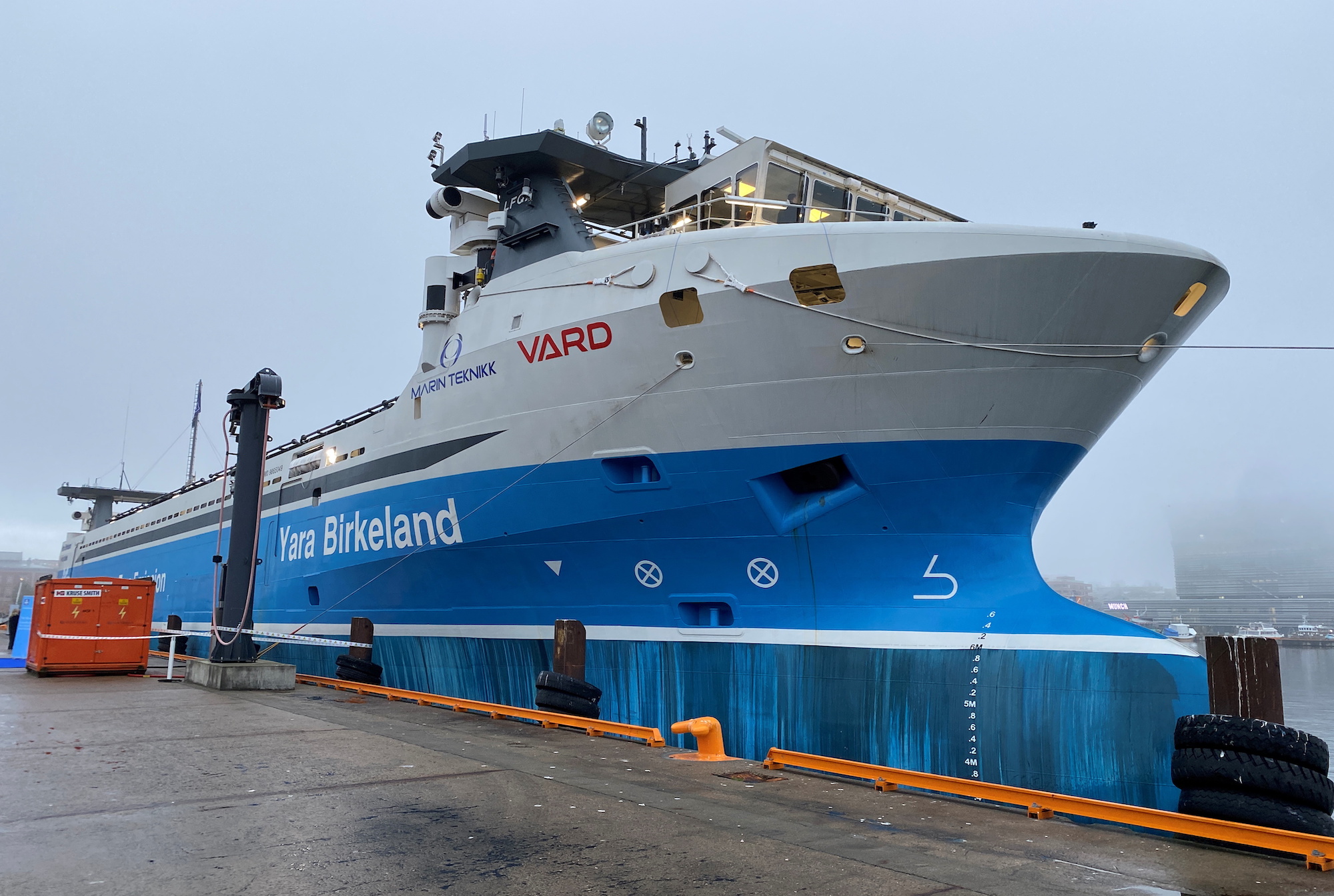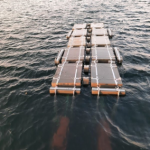The “Raising Awareness on Marmara Sea Ballast and Bilge Pollution” project, supported by European Union Projects, draws attention to the environmental threats facing the Marmara Sea and aims to raise awareness among future sailors.
Environmental pollution caused by ballast and bilge water wastes originating from ships poses a serious threat to the Marmara Sea ecosystem. Although MARPOL and IMO Environmental Pollution rules aim to prevent this pollution, human factors and a lack of awareness can cause problems to continue.
At this point, the MarBalast Project was carried out under the consultancy of Assoc. Prof. Dr. Ismail Cicek aims to raise awareness through training for maritime students. Within the scope of the “Raising Awareness on Marmara Sea Ballast and Bilge Pollution” project, supported by European Union initiatives, highlights the environmental threats facing the Marmara Sea and aims to educate future sailors.
Pollution resulting from ship ballast and bilge water waste poses a significant threat to the Marmara Sea ecosystem. Although MARPOL and IMO environmental regulations are designed to prevent this pollution, human factors and a lack of awareness can lead to ongoing issues.
The MarBalast Project, guided by Assoc. Prof. Dr. Ismail Cicek seeks to raise awareness among maritime students through specialized training. As part of this project, the project team will organize conferences and workshops on maritime management and the importance of pollution prevention at various maritime faculties and high schools across Turkey.The project will last eight months and be executed by the Istanbul Technical University Maritime Technologies Club. Through the MarBalast Project, future sailors will learn about environmentally responsible maritime practices and contribute to protecting the Marmara Sea.
The main objectives of the project are:
- To inform maritime students about the environmental damage caused by ships.
- To emphasize the importance of adhering to international maritime regulations such as MARPOL and IMO.
- To raise awareness aimed at minimizing environmental damage stemming from human activities.
- To cultivate environmentally conscious generations of future sailors.
The MarBalast Project promises hope for the future of the Marmara Sea!


